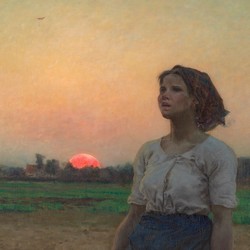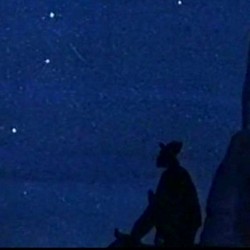- Details

In mid-February 1877 Johannes Brahms received good news through friend and publisher Karl Simrock: the third (or fifth, according to different sources) child of Clara and Julius Stockhausen was born. A few days later, Julius himself wrote him to tell him that they have named the child Johannes, and to ask if he would be his godfather. Brahms accepted with pleasure; he loved children and had been good friends with Stockhausen since many years ago. He declined, however, to attend [...]
- Details

If we speak about Heine's Lieder, that is, about songs written after poems by Heine, the name of two composers comes immediately to mind: Schubert and Schumann. Schubert, who only left a small and magnificent sample of six Lieder after poems by Heine before his death, and Schumann, who twelve years later composed around forty songs, among them two cycles as important as Dichterliebe and Liederkreis, Op. 24.
- Details

Joseph Marx, born in Graz (Austria) in 1882, experienced a similar situation to that of so many young people of his time, of decades later and, even, of our time: when a child, it was evident that he was a gifted musician; later, he became an excellent pianist who aspired to be a composer, but his father wanted him to study something more important as law. As many other young person back then and now , he wasted his time in the classroom until he left his career to study Philosophy and Art History; by 1909 [...]
- Details

- Details

Simon Keenlyside was so kind as to accept a four-hands interview with friend Alejandro Martínez in 2013. Nine years later I've had the pleasure of talking with him again about Art Song. I'm sharing his thoughts with my readers, splitting the conversation in two weeks. I hope you'll find it as interesting as I did. Once again, thank you very much, Simon, for your time.













